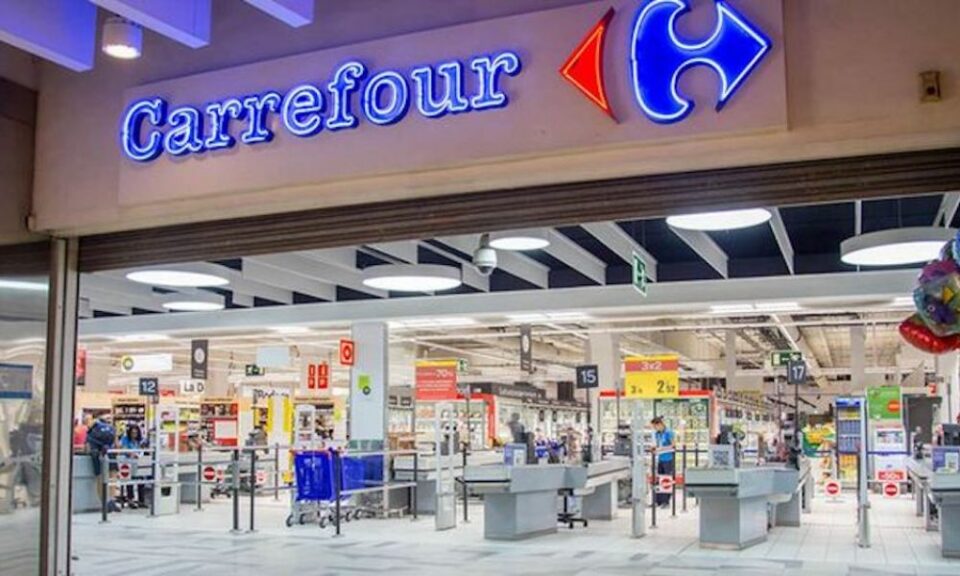Recent reports that Ahold Delhaize held preliminary talks to acquire French retail giant Carrefour have reignited discussion around consolidation in Europe’s grocery sector. However, the idea of a full acquisition — taking over the entirety of Carrefour’s operations — is not only unlikely, it’s virtually impossible under current geopolitical, financial, and regulatory conditions.
Carrefour Is Too Big, Too Political
Carrefour is not just any supermarket — it is France’s national retail symbol. With over 12,000 stores across more than 30 countries, Carrefour is deeply embedded in local economies and seen as a strategic asset, particularly by the French government. In 2021, when Canadian retailer Couche-Tard made a takeover bid, it was blocked outright by French authorities, citing food security and national interest.
The same political resistance would almost certainly emerge again if a foreign company — even one as respected as Ahold Delhaize — sought to acquire Carrefour in full. France has made it clear: Carrefour is not for sale.
Regulatory Challenges Across Markets
Carrefour’s presence in key European markets like France, Spain, Italy, Belgium, and Romania presents another obstacle: antitrust regulations. In countries where both Carrefour and Ahold Delhaize operate, such a merger would risk creating monopolistic structures, leading to a lengthy and uncertain approval process from EU and national regulators. In short, the European Commission is unlikely to approve a deal that reduces competition so drastically.
Financial and Operational Complexity
Even if the political and regulatory hurdles could be overcome, the sheer scale of Carrefour makes a full buyout financially and operationally complex. Carrefour’s revenues exceed €80 billion annually, and while its valuation is lower than Ahold Delhaize’s, integrating such a sprawling, diversified company would be a logistical nightmare. Store formats, supply chains, IT systems, and employee contracts differ widely from country to country.
Targeted Expansion Is the Real Strategy
What is possible — and far more strategic — is for Ahold Delhaize or another multinational retailer to pursue targeted acquisitions of Carrefour operations in selected countries where political resistance is lower and synergies are stronger.
Markets such as Brazil, Romania, and parts of Asia or North Africa, where Carrefour operates through joint ventures or local subsidiaries, could be more open to ownership changes. These regions may welcome foreign investment, particularly if it leads to improved supply chains, jobs, and consumer choice.
Conclusion: Carrefour Cannot Be Taken in Full
A full acquisition of Carrefour, particularly its core French operations, is virtually impossible due to political, regulatory, and financial barriers. But the dream of expansion isn’t dead — it just requires a more surgical approach.
Multinational retailers would do better to focus on where Carrefour can be acquired, not if. As international supermarket competition intensifies, success will come not from dominating everything, but from choosing battles wisely.


